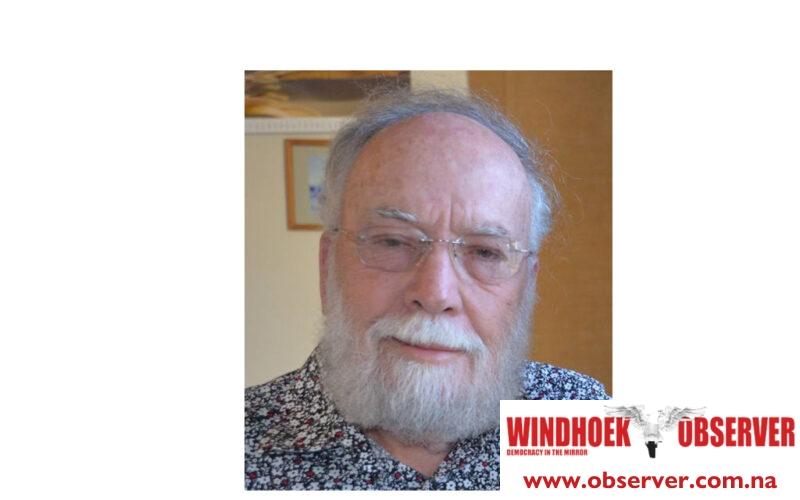Niël Terblanché
The Southern African Development Community (SADC) Electoral Advisory Council, alongside the Electoral Commission of Namibia (ECN), has paid tribute to the late Professor Gerhard Tötemeyer, whose indelible mark on the electoral systems of Namibia and the SADC region will be remembered for generations.
Professor Tötemeyer, a luminary in the field of electoral democracy, passed away last week, leaving behind a legacy of dedication to the cause of free and fair elections.
A founding member of the SADC Electoral Advisory Council and the first-ever director of the ECN from 1992 to 1998, Tötemeyer’s contributions were instrumental in shaping the electoral landscape in Namibia.
His work in formulating and reforming the Electoral Act laid the groundwork for an election system that is transparent, fair, and trustworthy, according to Elsie Nghikembua, the current ECN chairperson and one of Tötemeyer’s mentees.
Tötemeyer’s commitment to democracy was not confined to his home country. As Ticheme Dlamini, chairperson of the SADC’s Electoral Advisory Council, noted, Tötemeyer was regarded as part of the family within the regional body, contributing significantly to the development, review, and implementation of electoral observation mission documents.
His journey from a child who faced language barriers upon returning to South-West Africa after World War II to a respected academic and political figure is a testament to his resilience and determination.
Born on 21 May 1935, in Gibeon and spending his early years in Keetmanshoop, Tötemeyer’s academic path led him from vocational training to earning a Bachelor of Honours in History from the University of Stellenbosch, followed by a Doctor of Philosophy.
Before entering the political arena, Tötemeyer held several influential positions in academia, contributing significantly to the fields of economics and management science.
His political career, which began after Namibia’s independence in 1990, saw him serve in the Cabinet as Deputy Minister of Local, Regional Government and Housing, in addition to his pivotal role in the country’s electoral processes.
Even after retiring from politics in 2004 due to health concerns, Tötemeyer continued to serve the community as the Chairman of the National Housing Enterprise and as an author, enriching the discourse on politics and education in both South Africa and Namibia.
Professor Gerhard Tötemeyer’s life and work embodied the spirit of democracy and public service.
As Namibia and the wider SADC region continue to build on the foundations he helped lay, his legacy as a champion of electoral integrity and a pillar of democracy will undoubtedly endure.




